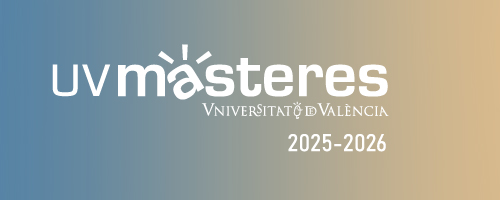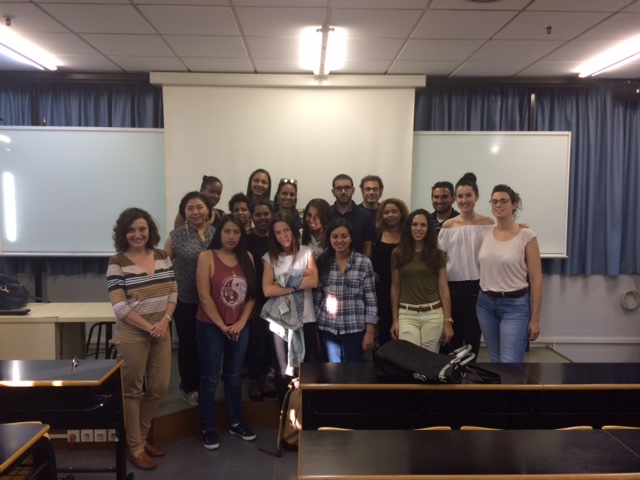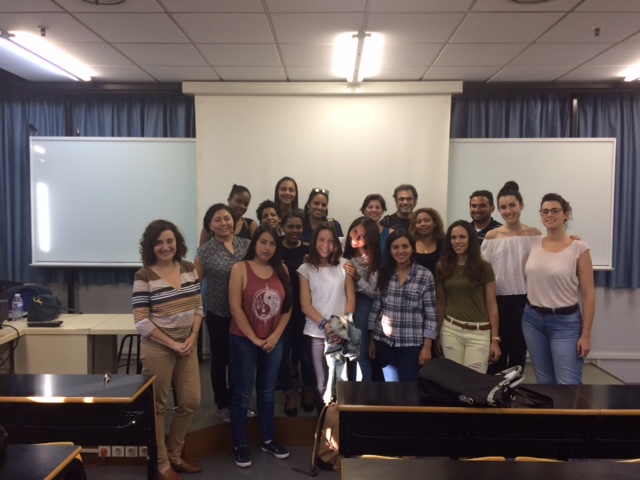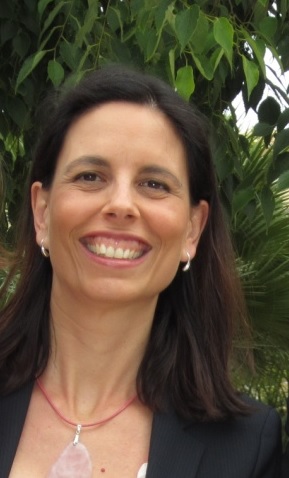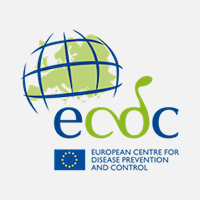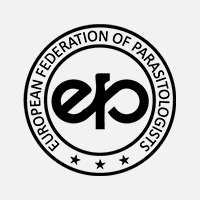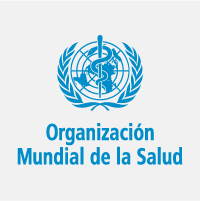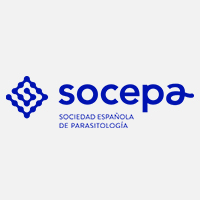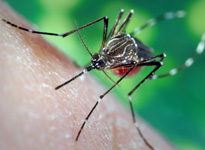
Medical entomology is the science that studies insects and other arthropods that have health interests due to their pathogen role or vector role, that is, they intervene in the transmission cycle of determined diseases that affect the human being and the domestic and wild animals.
1 december 2015
The vector-borne diseases, such as Dengue fever, Malaria and the Chagas’ disease, affect enormously the human health. For the moment, the only known strategy to reduce the transmission of these diseases is the control of the vectors.
Arthropods and diseases transmission
The Arthropods constitute a vast and important Phylum within the animal kingdom. Many species are important in medicine, either because they constitute the direct cause of injury, disease or discomfort for the human being, or because they act as carriers of dangerous pathogens agents.
The arthropods, the most numerous animals in the world, are segmented invertebrates, with exoskeleton formed by chitin and with bilateral symmetry. Within the arthropods of health interest, for example, we can find scorpions, spiders, ticks, the mites, cockroaches, bedbugs, fleas, lice, and diptera. These last cover flies, horseflies and mosquitos.
Determining the arthropod species that cause diseases or health problems is the initial step of the studies. These allow for clarifying which is their habitat, their bionomics, their bite habits, their roost sites, their dispersal capacity, the development cycle of the etiological agent in the vector and the farming methods in the lab, as well as the sensibility and the resistance to the insecticides used in public health, to generate, this way, knowledge that allows for the design of prevention and control programmes for the diseases regarding the local circumstances of each country’s area.
Medical entomology and public health
A close case that enhances the need of this field of study to ensure the public health is the potential danger of introducing tropical viruses as the Chikungunya or the Dengue fever in Spain, by the tiger mosquito (Aedes albopictus) that, until recently, had no place in our temperate regions. Over the years, we can observe a proliferation of the tropical diseases transmitted by arthropods in the West.
University Master’s Degree in Tropical Parasitic Diseases
In the Master’s Degree in Tropical Parasitic Diseases of the Univesitat de València, the subject Helminthiasis and Medical Entomology offers training in medical entomology.
The subject provides to students complete parasitological training with a general and particularised vision of the main aspects of the human helminthiasis as well as medical entomological training. The subject covers the multidisciplinary study (etiological agent, development cycle, epidemiology, transmission, pathology and clinical manifestations, diagnosis, treatment and control) of the main human Trematodiasis, with particular emphasis on the study of Schistosomiasis and fasciolosis, which is completed with the study of experimental Models in Trematodiasis. Also, it covers the study of the main human cestodiasis, as well as the Geohelminthiasis, Ageohelminthiasis and Nematodiasis of vector or inditect transmission. The subject is completed with the analysis on Arachnology and medical entomology, with special emphasis on Parasitical Dipteriology.
Helminthiasis and Medical Entomology is taught by professors (full university professors, adjunct professors and tenured professors) of the department of Cellular Biology and Parasitology of the Universitat de València. Among them we find the expert of the World Health Organization (WHO), Santiago Mas-Coma, the lecturer and researcher in Parasitology, Adela Valero and the experts Mª Dolores Bargues, Patricio Artigas, Mesasoud Khoubbane, Alberto Martínez, Rafael Toledo, José Guillermo Esteban and Carla Teresa Muñoz.
Published by: Paula Tomás Gimeno


